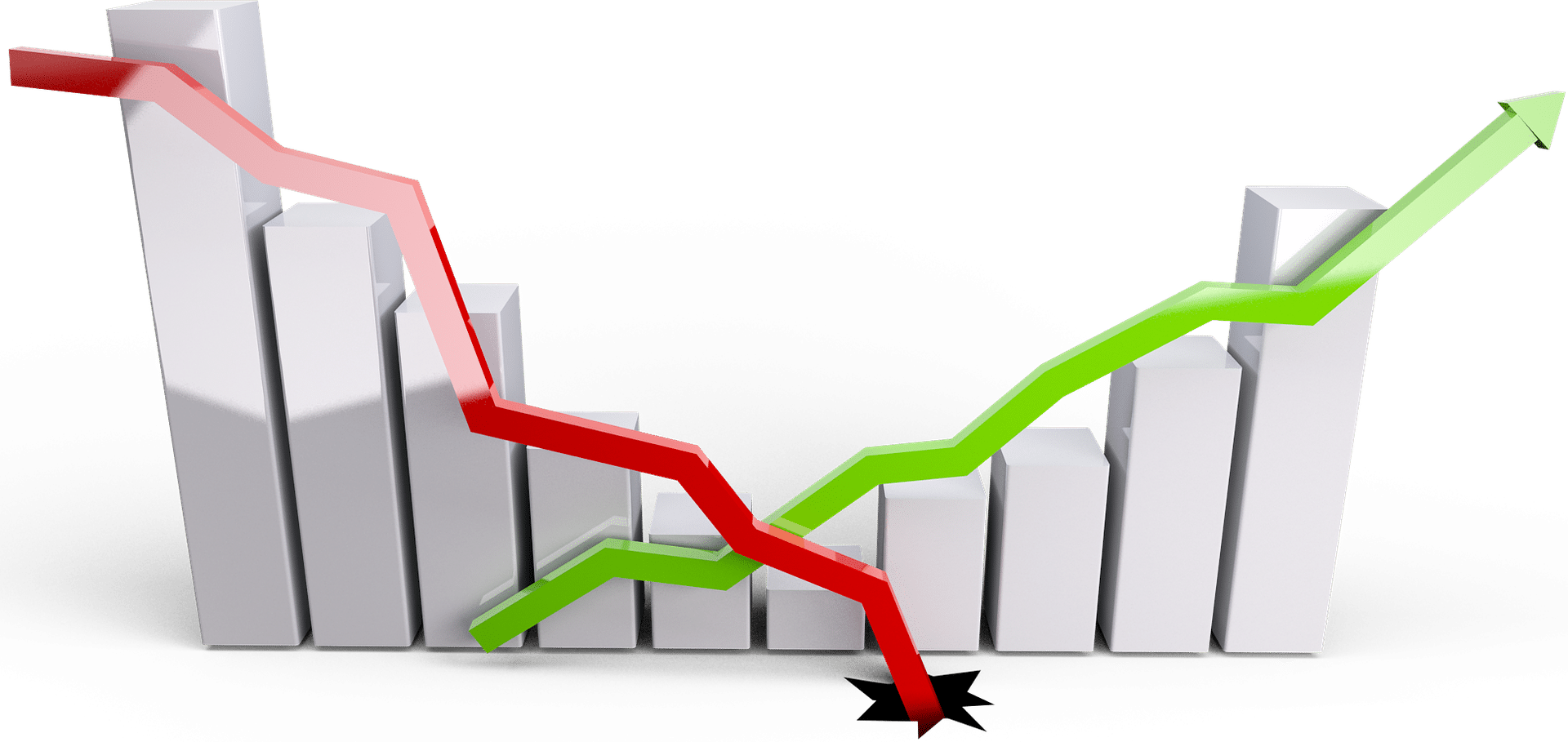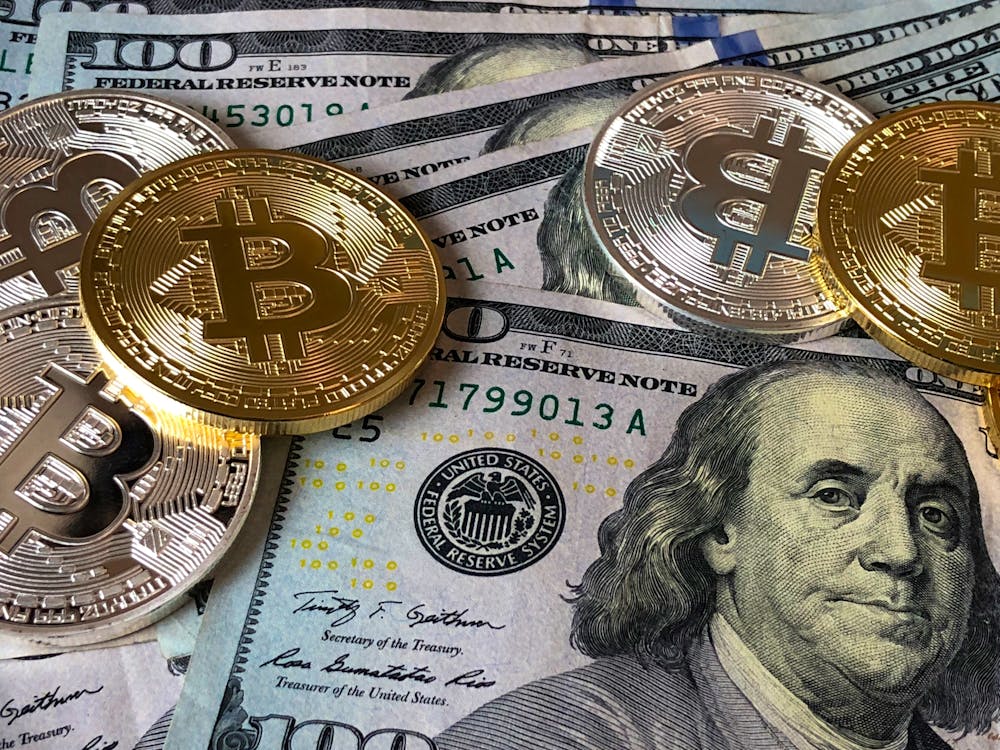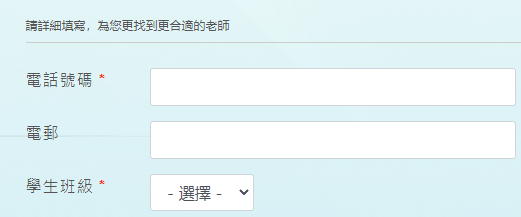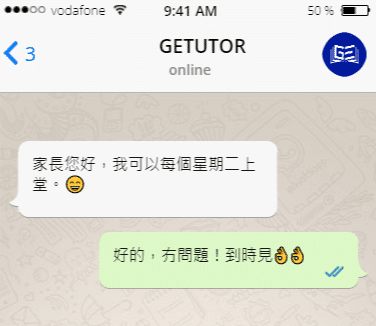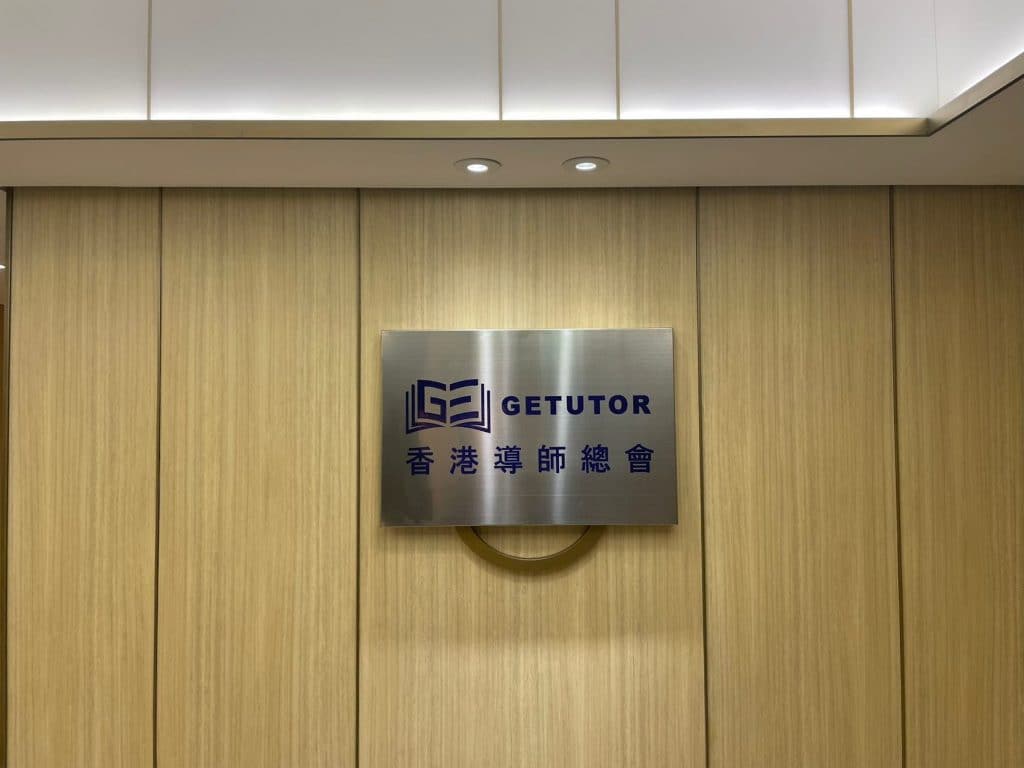DSE Economics: How to prepare for the DSE Economics exam?
The DSE Economics subject assesses candidates' mastery of concepts, including their ability to apply these concepts. However, I believe that many DSE Econ candidates feel powerless with this paper. They want to get high scores but don’t know how to start. Therefore, GETUTOR Hong Kong tutors always help all economic candidates visit the experts who have many years of professional tutoring experience in economics and have obtained 5 in DSE Economics. **The outstanding star economics tutor Ye Sir (econ tutoring king) will teach you how to prepare for the annual economics DSE exam.

5**Famous economics tutor Ye Sir teaches you how to prepare for the DSE economics exam
Actually the secret is very simple, which are the following two points:
1. Focus on the hot topics of the year.
2. Understand and practice economic theory.
What does it mean to focus on this year’s hot issues?
Star economics tutor Ye Sir pointed out that the HKEAA will set the test questions a year in advance, so candidates next year should pay attention to this year's hot issues when reviewing.

Sir Ye suggested that everyone should pay more attention to the impact of the Russia-Ukraine war on the economy and even on imports and exports.
Sir Ye: “In my economics tutoring class, I always encourage my economics tutoring students to do more in-depth research on popular topics.”
For example, in the Russia-Ukraine war, Russia and Ukraine were food exporters. Their war affected the global import and export of food and energy, and the impact of reduced food and energy supply on economic activities. Candidates need to conduct more in-depth analysis of these issues to train their "economic acumen" during class, review or economic remedial classes.

Sir Ye also pointed out that some frequently discussed topics such as global inflation out of control, US interest rate hikes, tightening monetary policy, Hong Kong’s issuance of consumer vouchers, etc. are all worthy of discussion with your classmates and teachers for Econ candidates in class, review or economic tutoring. Or topics discussed in depth by economics tutors.
Please pay close attentionGE BlogReceive the latest news from DSE!

2. Understand and practice economic theory
It is very important to understand popular topics. If you don’t understand or are unclear about the questions in the exam, you will waste time thinking. Moreover, understanding the popular issues can give candidates a good entry point, thereby helping candidates to review and write better in the exam. Fluency and efficiency. Except these. Sir Yap also reminded candidates to familiarize themselves with some topics that are popular with the HKEAA, as "hot" economic concepts and theories appear in every year's examination questions.

Economic concepts and theories that often appear include:
- Law of diminishing marginal returns,
- Price elasticity of demand,
- Monetary policy,
- Money supply (Money Suppy) – M1 M2 M3,
- International Trade Theory.
Here's its explanation:
- Law of Diminishing Marginal Returns: This is an economic principle that states that in the production process, if other factors remain unchanged, when the input of a production factor increases, the increased input will lead to a gradual decrease in the additional increase in output (i.e., marginal product). . For example, if a farm adds workers, output may increase initially, but after a certain point, each additional worker brings less and less of the increase in output.
- Price Elasticity of Demand: This is a measure of the response of quantity demanded to changes in price. If the quantity demanded of a good is very sensitive to price changes (i.e., a small change in price causes a large change in quantity demanded), the demand for the good is said to be highly elastic. If the quantity demanded is insensitive to changes in price (that is, if the price changes significantly, the quantity demanded changes little), the demand is said to be inelastic.
- Monetary Policy: It is a policy implemented by a central bank or monetary authority to control the money supply and interest rates to influence economic activities such as inflation and employment. By adjusting policy tools such as interest rates or bank reserve requirements, central banks can influence the overall health of the economy.
- Money Supply: Refers to the total amount of money circulating in the economy. Common categories include:
- M1: The most circulating form of currency, including cash, checks, and other assets that can be converted into cash at any time.
- M2: Includes M1 and deposit forms that are more difficult to convert into cash, such as time deposits and savings accounts.
- M3: Broader than M2, including a larger range of financial assets, such as large time deposits and institutional market funds.
- International Trade Theory: This is the theory that studies how and why different countries trade with each other. It covers a variety of theories, from the traditional theories of comparative advantage and absolute advantage to more modern theories such as the Heckscher-Ohlin theory and the new trade theory. These theories explain the causes of trade between countries, the structure of trade, and the impact of trade on national economies.
Sir Ye has studied DSE economics for many years. He said that each question of this type usually accounts for about 6 to 8 points, so candidates must have a solid understanding of these economic concepts. If they can fully apply these theories, they can meet the assessment relatively easily. Meet the requirements of the game and get high scores.

Star economics tutor Ye Sir teaches you how to allocate time for each paper.
The answering time for DSE Economic Paper 1 is one hour, with a total of 45 multiple choices. When Sir Ye is in the economics tutoring class, he will train his tutoring students to answer a multiple choice within 1 minute. Sir Ye believes that all ECON candidates should limit themselves to completing the entire test paper 1 within 45 minutes, so that candidates have at least 15 minutes to check the answers to ensure that they will not make low-level mistakes in the exam.
As for Paper 2, the answer time for Paper 2 is 2 hours and 30 minutes, which is divided into Part A short questions, Part B article and information response questions. Sir Ye suggested that the method of Paper 1 should be continued, and at least 15 minutes should be reserved for each part to check the answers. Therefore, the candidate's answer time for Paper 2A should be controlled within 45 minutes, while the answer time for Paper 2B should be less than 45 minutes. Control it within 1 hour and 15 minutes.

Sir Ye also reminded students to "be a person based on scores" when answering, and use the score of each question as an answer indicator. Sir Ye often finds that his students will be overly obsessed with certain parts of the questions, or spend too much time answering certain questions, but in fact those questions do not require such detailed answers.
For example:
- When answering a one-point question, you only need to briefly answer the relevant concepts without giving detailed explanations;
- Questions worth three to four points require a brief explanation or an example when answering;
- Questions worth six or more points require more than one example and detailed explanation.
Sir Ye pointed out again and again: "Don't do too much. If the questions don't require this, it's a waste of time. If you don't have such a good chance, you won't have enough time! Students can do mock papers at school or in your economics tutoring class Test it first and try the suggested time allocation for exam answers above."

Useful textbooks on DSE economics
Finally, GETUTOR Hong Kong Tutors Association has also integrated online resources for your reference, including the old systemAdvanced level (A level) and Certificate Level (CE) Past Paper, DSE Past Paper of each year and performance examples of each level from the Hong Kong Examinations and Assessment Authority. I hope all DSE Econ candidates can do well in the exam!
Textbook:Advanced level (A level) and Certificate Level (CE) Topic by Topic
Hong Kong Examinations and Assessment Authority information:
practice paper
Examples of candidate performance
DSE Past Paper 2012-2022
If you think you still don’t understand something when studying economics by yourself, you can also find someone toPrivate tutor helper. GETUTOR can match you with specialized tutors for economics tutoring: economics private tutoring/economics on-site tutoring/economics online tutoring/middle school economics tutoring/college economics tutoring.Immediately match with economics tutors in Hong Kong.
FAQ
1. ECON tutoring students and how to benefit from ECON tutoring?
Tutors provide private tutoring and professional help to meet the test study needs of your students and parents. Grades will improve, thinking will be sharper, and learning will be more efficient, but more importantly, his/her self-confidence and abilities will increase.
Other benefits include:
- Improve candidates' perceptions of school and ECON. School and exams are not a battle that is difficult to win, but an opportunity to express themselves, and every student has this potential.
- Complete your ECON homework faster, because completing your homework faster will give you time to do other things.
- For more effective study habits, there are ways to learn. If you can't do it, you just haven't found the right method yet.
2. Who will use the recommended ECON tutors?
As long as you have needs, anyone can come to consult or use ECON tutors. Not only the recommended ECON tutors, but also other registered tutors on the platform are welcome.
Demanders such as:
- Candidates who need one-to-one as an effective learning method
- ECON tutoring students seeking additional tutoring in elective subjects
- Parents who want their students to succeed in ECON exams
- ECON tutoring students who are struggling with class progress or are not reaching their full potential
- ECON tutoring students who wish to tutor before taking the ECON exam or ECON diploma exam
3. What are the benefits of one-on-one ECON tutoring compared to group ECON tutoring?
Each student has different learning methods and absorption speeds, as well as different preferred learning styles, strengths and interests. Therefore, in one-on-one ECON tutoring, this specific tutor can concentrate on teaching one student and specifically target the individual ECON student's needs. Tailor-made lessons, answers and advice to achieve his/her learning goals.
4. Why should I hire ECON tutors from GETUTOR?
GETUTOR is confident in saying that we have been serving Hong Kong students for ten years and have the absolute experience and ability to match students' academic needs and learning styles with suitable ECON tutors.
GETUTOR has 140,000 professional ECON tutors and a trustworthy team of tutors who can cater to students with different needs and abilities. The tutors all join because they want to be excellent educators and contributors to a better society, but equally important is their love for teaching. As the saying goes, it takes ten years to grow trees and a hundred years to cultivate people. Education is the foundation of the future and the foundation of the world. Fundamentally, only by teaching students well can we have a better world.
At the same time, GETUTOR is committed to providing flexibility and high-quality education with its professional approach, which makes it stand out among similar tutoring agencies and was awarded the 2024 Best Tutoring Matching Platform in Hong Kong.
5. What is the registration process for tutoring?
If you decide to use GETUTOR, we can discuss your student's learning level, goals, areas of strengths and weaknesses, learning styles and ideal ECON teachers and teaching methods, and then we will match the ECON tutor who is most suitable for the student.
Interested parents and students please click directlyRegister for tutoring here.
Tutor fees depend on the tutor's teaching experience, the student's level of study and subject area, etc. Once we confirm a suitable ECON tutor and class time, we will proactively contact you and provide the ECON tutor's contact information and background. The entire process usually only takes a few hours.
6. How long should ECON tuition classes last?
Most students and ECON tutors will have 1.5 to 2 hours of tutoring. Firstly, the transportation and time arrangements of both parties will be better; secondly, students can learn more deeply, and at the same time, it will not be too burdensome for students.
7. How many times a week should we have ECON tutoring?
This depends on the student's current level, goals for improvement, and schedule. Most students schedule 2 to 3 ECON tutoring sessions, but progress can be seen in every session.
8. How long will it take for me to make progress and see results?
It also depends on the student. The results of ECON tutoring come over time and with student effort - on average, significant improvements are seen after 3 months. A major goal of ECON Tutoring is to provide students with the tools to succeed. Developing talents and learning takes time, but once learned, these habits will have a positive impact on students throughout their academic life.
9. Where do ECON private tuition courses take place?
Generally, ECON tutoring takes place at students’ homes. If it is not convenient, you can choose online tutoring such as ZOOM. When using ZOOM at home, students will feel comfortable and relaxed, and in a familiar environment, their brains will be calmer and clearer, so they will be more open and receptive to ECON tutoring and learning.
10. Do ECON tutors from GETUTOR Hong Kong Tutors Association assign extra homework to students?
ECON tutoring sessions between students and ECON tutors are created entirely to meet the needs of students. If a student needs extra practice, you can ask the tutor to schedule additional homework. But please note that homework is to consolidate what you have learned and deepen your understanding, not more is better.
11. Will ECON tutors contact parents?
We generally recommend that tutors contact parents. ECON tutors can notify parents about their student's progress and alert you to areas where your student may need additional help. The three-way cooperation between parents, tutors and teachers is the cornerstone for students to achieve their ideal goals.
12. How can I maximize the tutoring benefits of ECON tutoring for my students?
If you are a parent please:
- Make sure tutors and students have all needed materials, and check with your students before tutoring at ECON about the applicable homework and textbooks that will be used.
- Quiet ECON tutoring space.
- Follow up with students on the goals set in the tutorial.
- Acknowledge students' efforts and provide positive feedback.
- Maintain active communication with ECON tutors.
- Connect with your student's tutor and GETUTOR for feedback and suggestions for improving the learning environment.

